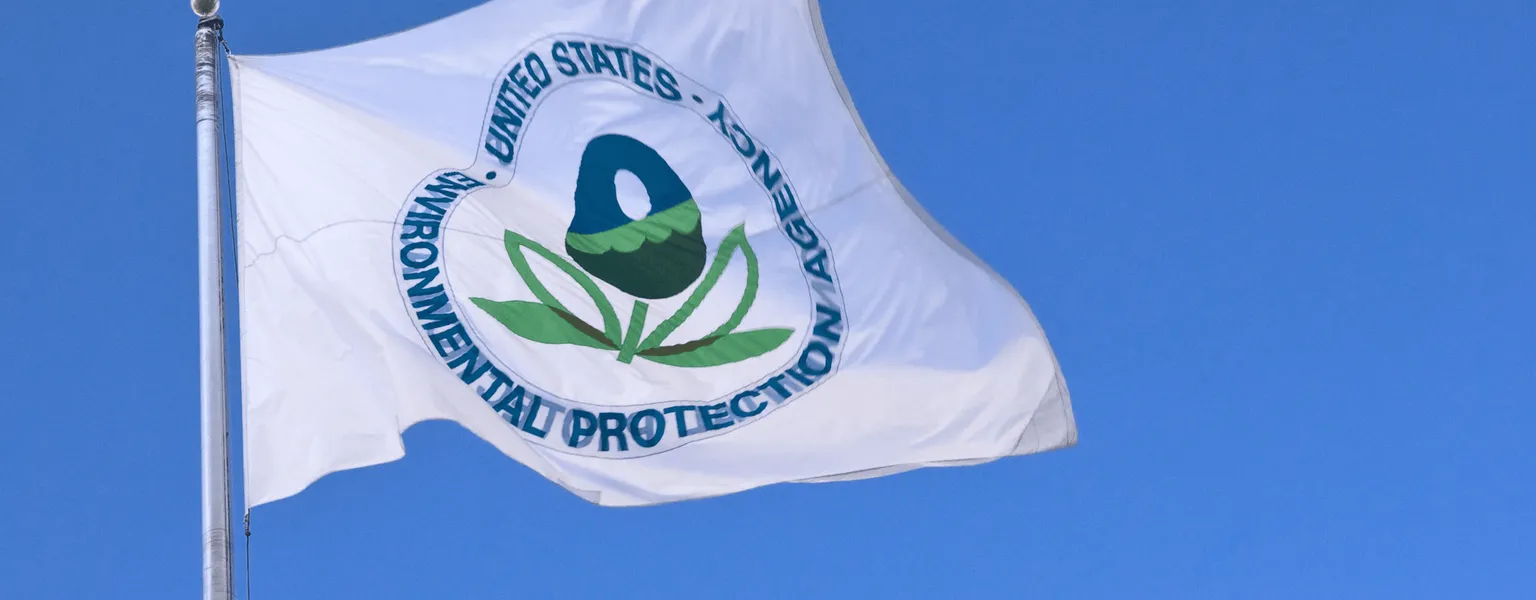U.S. EPA takes action on PFAS in plastic containers

Business
The U.S. Environmental Protection Agency (EPA) has granted a petition from several environmental organisations to address the issue of per- and polyfluoroalkyl substances (PFAS) found in plastic containers.
These groups include the Center for Environmental Health, Public Employees for Environmental Responsibility, Alaska Community Action on Toxics, Clean Cape Fear, Clean Water Action, Delaware Riverkeeper, and Merrimack Citizens for Clean Water.
The petition targets specific PFAS, including perfluorooctanoic acid (PFOA), perfluorononanoic acid (PFNA), and perfluorodecanoic acid (PFDA), which are formed during the fluorination of plastic containers. These harmful substances have been detected in containers used for household consumer goods, pesticides, fuels, automotive products, and other industrial items.
Long-chain PFAS like PFOA, PFNA, and PFDA accumulate in the human body and the environment over time. Even small amounts can pose significant health risks, including cancer, liver and heart damage, and developmental harm to infants and children. To mitigate these risks, the EPA has included PFOA and PFNA in a national drinking water standard for PFAS and designated PFOA as one of the first PFAS to be classified as hazardous under the Comprehensive Environmental Response, Compensation, and Liability Act (CERCLA), commonly known as Superfund.

In February 2024, the EPA introduced a new method to detect 32 PFAS directly from the walls of containers made from high-density polyethylene (HDPE). This method enables industries and container manufacturers to test HDPE containers before use, preventing PFAS contamination of stored products. The method can also be adapted for testing PFAS in other solid materials, such as fabrics and packaging paper.
Related News
-
Business
FDA: PFAS phased out of U.S. food packaging
-
Sustainability
New US packaging strategy aims to cut food waste
-
Business
PLASTICS launches Flexible Film Recycling Alliance in the United States
-
Sustainability
New study exposes widespread presence of toxic 'forever chemicals' in Canadian fast food packaging
-
Business
3M settles $10.3bn lawsuit for "forever chemical" water contamination




